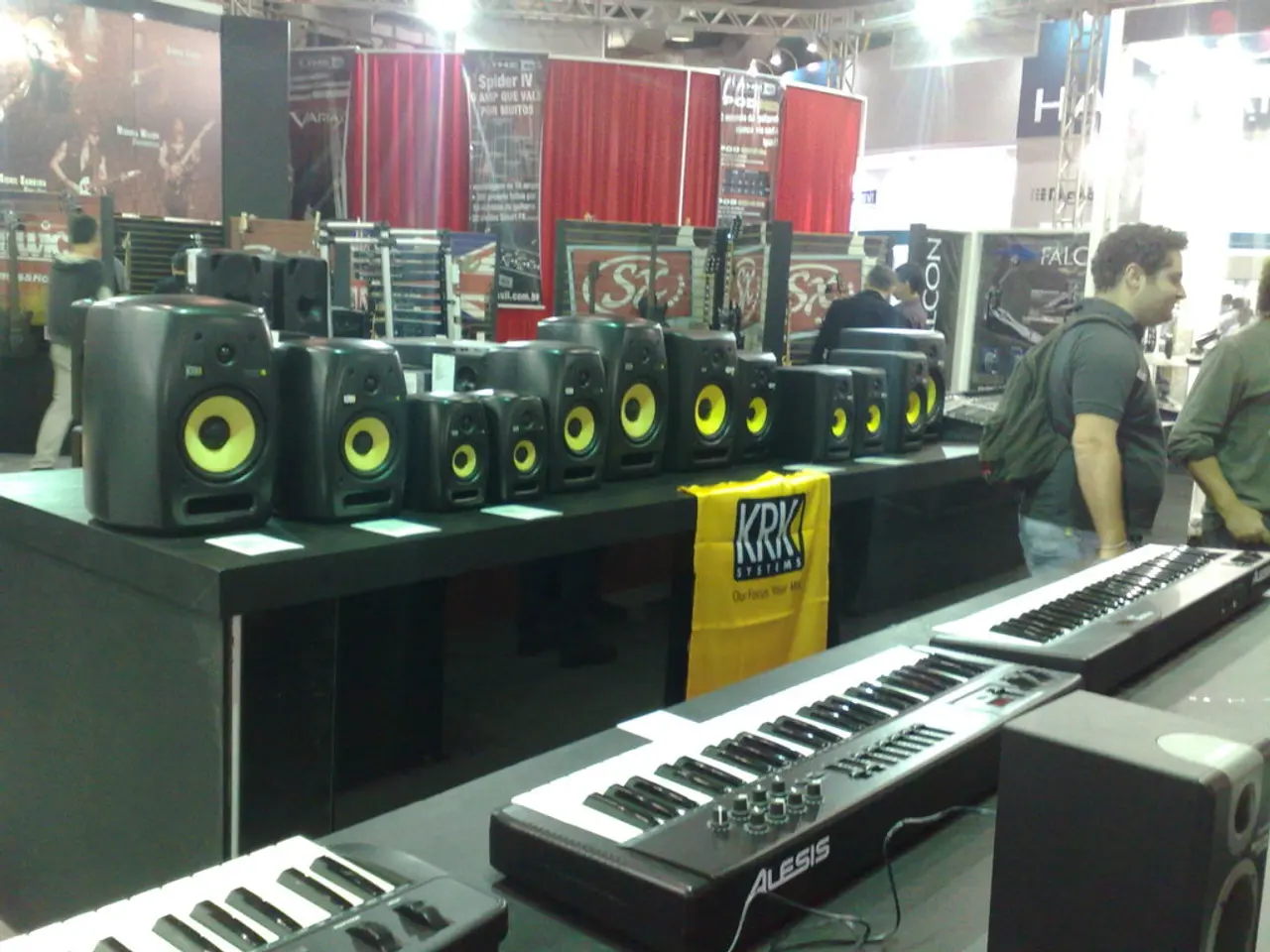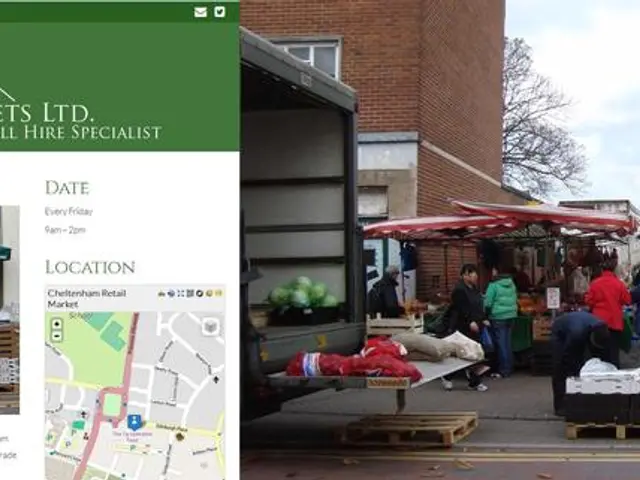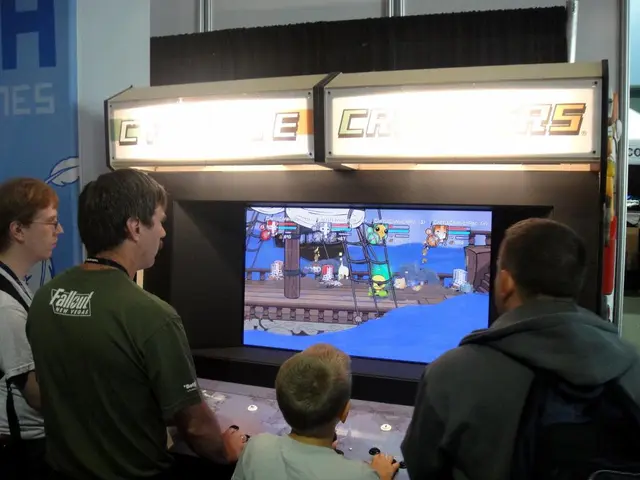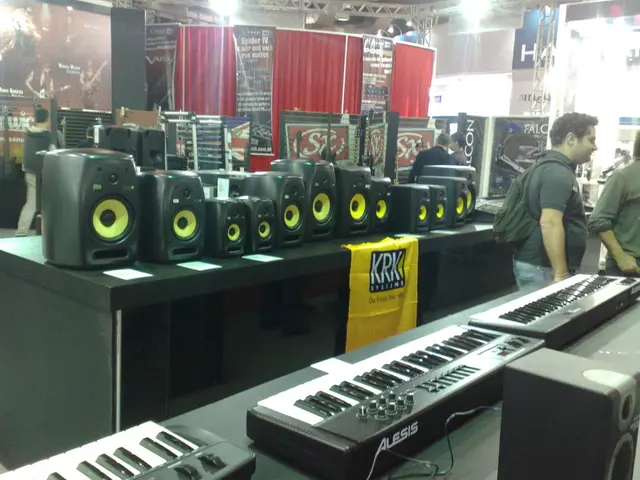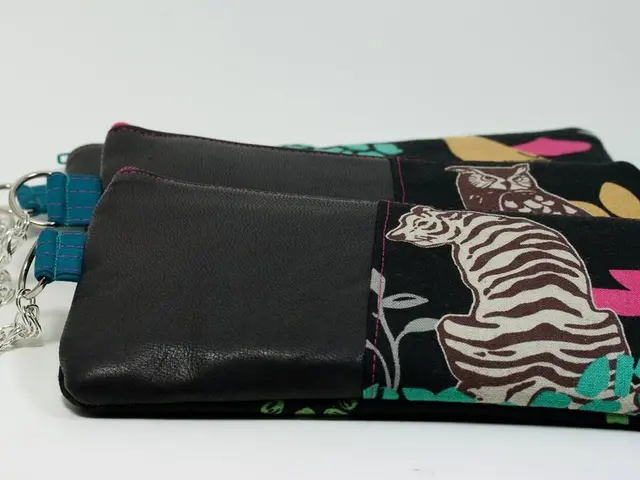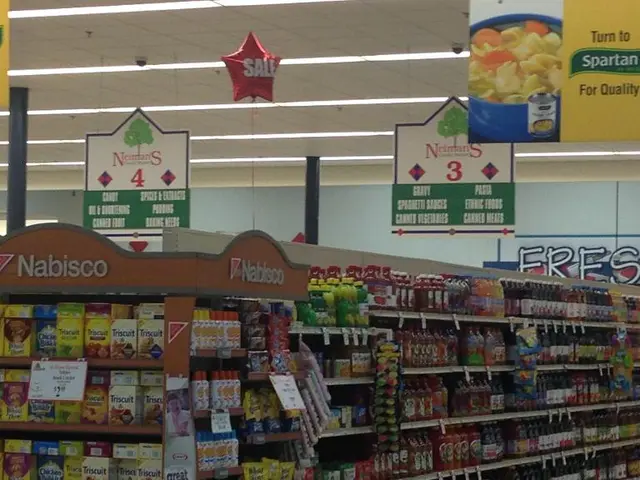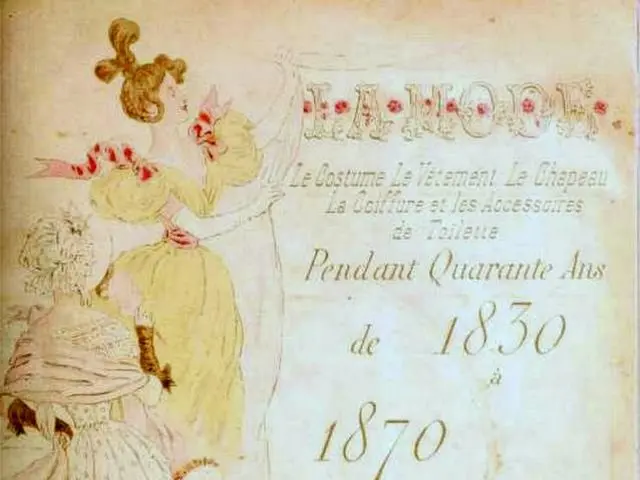Are you wondering if you can cash a two-party check without the other party present at a casino?
In the modern era of digital transactions, cashing two-party checks has become a more complex and restricted process, with many institutions preferring electronic payment methods. This shift is particularly noticeable in casinos and traditional banks.
Two-party checks, which are made out to two payees, are common in various situations such as wedding presents or joint tax refunds from the IRS. However, the law requires everyone on the check to endorse it, and this can sometimes mean both people need to be present for the deposit. The wording on a two-party check makes a difference. If the check says 'or,' either person can cash the check without the other person present. If the check says 'and,' both people must be present to cash the check.
Banks and financial institutions typically allow cashing of third-party checks, but many do not accept them due to fraud risk and stricter regulatory compliance such as KYC (Know Your Customer) requirements and fraud prevention measures. Some banks might require specific endorsements and identification, and may prefer to deposit rather than cash such checks outright.
Casinos, which historically accepted various forms of payment including checks, have seen a significant shift toward electronic and cashless gaming transactions. While some casinos might still cash personal checks, policies vary widely, and two-party check cashing is likely limited or subjected to rigorous identity verification and approval processes. The emphasis is now on electronic payments to reduce fraud and increase efficiency.
Retail check-cashing services and some stores may cash government and payroll checks but often decline personal checks or impose limits and fees. They generally require valid photo ID and check verification but may exclude two-party checks to minimize fraud risk.
The overall trend toward cashless payments in gaming is reinforced by the adoption of instant bank transfers, credit cards, mobile wallets, and even cryptocurrency payments through specialized payment processors aimed at gaming operators. This transition decreases reliance on paper checks and two-party check acceptance at cash points like casinos and banks.
When cashing checks (including two-party checks if accepted), customers usually need to provide ID and may face holding periods or partial immediate availability depending on the bank’s policies and the check amount.
In summary, due to increased fraud concerns and technological advances making digital payments easier and more secure, cashing two-party checks at casinos and banks has become more restricted or less common, with many institutions preferring electronic payment methods and carefully limiting or declining two-party check cashing. Casinos especially are increasingly moving towards cashless gaming systems that do not rely on paper checks.
For those looking to cash a two-party check, it is recommended to contact the casino first to check if they offer two-party check cashing services. If a two-party check has an 'and' between the parties, it may require both people to be present for cashing or depositing. In such cases, speaking to a bank teller or going to the casino together is advised. Signing a two-party check and depositing it at an ATM is not advised, as it may require the check to be reissued.
The decline of paper checks is evident, with the number of worldwide transactions by check dropping from 40% in 2005 to just 8% by 2014. Many analysts believe paper checks might be extinct by 2026. To avoid potential issues, it may be necessary to avoid casinos and go to the bank branch to cash a two-party check with an 'and.'
- Despite the historical acceptance of checks in casinos, the trend is shifting towards electronic and cashless gaming transactions, making two-party check cashing a limited or regulated practice in casino settings.
- In banks and financial institutions, the cashing of two-party checks has also become more restricted due to stricter regulations and the growing emphasis on electronic payment methods to reduce fraud and increase efficiency.
- As the world moves towards a cashless society, with the number of check transactions decrease from 40% in 2005 to 8% by 2014, and potentially becoming extinct by 2026, it is advisable to contact the casino or bank in advance to confirm whether they accept two-party checks and to follow their specific endorsement and identity verification requirements.
